Who are we?
YHouse Phenomenology Group is a group of philosophers and scientists around NYC area and beyond who are dedicated to exploring the question of how phenomenology can contribute to the study of consciousness today. Here “phenomenology” designates the philosophical enterprise initiated by Edmund Husserl in the beginning of the twentieth century and developed by Martin Heidegger, Maurice Merleau-Ponty, Jean-Paul Sartre, and many more. In current academic circles, phenomenology is widely forgotten and often underappreciated. We believe this is unfortunate. We wish to remedy this, not so much by reiterating what Husserl said, but by exploring various ways in which we could use the phenomenological method to complement, as well as challenge, existing scientific and contemplative methods for studying and understanding the nature of consciousness.
What are the questions?
Can phenomenology work together with the empirical sciences? If yes, how?
Is a constructive dialogue between phenomenology and the contemplative traditions possible? In what way could it be possible?
What is phenomenology? Should we limit ourselves to the traditional conception of it? Or should we be heading towards a revised notion of phenomenology?
Phenomenology as a Science
Originally phenomenology was established as a “scientific” discipline that studies the nature of consciousness. Yet unlike most empirical studies of consciousness, such as experimental psychology and neuroscience, phenomenology does not try to explain consciousness in terms of the subpersonal mechanisms nor does it rely on inductive methods. Rather, it attempts to provide first-person level descriptions of the invariant structures of consciousness just as they appear. Grounded in its methods that specifically take the first-person perspective seriously, phenomenology has aspired to be a scientific study of consciousness in its own right that complements other sciences based on a third-person perspective. Yet even after more than a century after the introduction of phenomenology, the question of whether and how we can reconcile these two perspectives still largely remains unanswered. Is there room for such reconciliation today when the empirical studies of consciousness seem to be making good progress on their own? If there is, how can phenomenology work together with the empirical sciences?
Phenomenology as a Pre-theoretical Study of Experience
Alongside the scientific characterization of phenomenology as a counterpart to the empirical sciences, there is also an important sense in which phenomenology precedes any scientific investigation. Before we start theorizing about the nature of consciousness, we are always already engaged in activities within a meaningful world. To engage in a scientific investigation is to take up a specific attitude towards the world which necessarily abstracts from our practical involvements. Phenomenology, taken in this sense, is a pre-scientific and pre-theoretical exploration of our primordial engagements in the world. Rather than exclusively focusing on our experiences at the level of the subject-object duality, phenomenology is interested in the various modes of our experiences, including non-dual modes of experiences. Understood this way, phenomenology naturally overlaps with contemplative traditions that also explore non-dual modes of our experiences from the lived perspective. Yet curiously enough, little attention has been paid to this affinity. While the historical background from which they arose may be very different, their common interest in understanding the nature of our primordial interactions with the world from within, rather than from without, invites us to explore new horizons that may open up through dialogue between the two traditions. How could we move towards a constructive dialogue between phenomenology and the contemplative traditions? What are some of the important parallels in their methods?
Towards a New Form of Science?
Furthermore, do the two understandings of phenomenology -- phenomenology as a science and phenomenology as a pre-theoretical study of experience -- exclude each other? Or could we work towards a notion of phenomenology that encompasses both senses, i.e. towards phenomenology as a new form of science? What would that look like?
Activities:
Weekly Reading Groups
Since September 2017, we have been holding weekly reading groups. Since members of our group are scattered over the globe, our meetings are virtual, through Google Hangout. Each week we discuss about our readings and share our questions and ideas. So far we have read Jean-Paul Sartre’s work on imagination, The Imaginary: A Phenomenological Psychology of the Imagination (1940) and Merleau-Ponty’s essay, “Cezanne’s Doubt” (1945). We have also covered contemporary material on the topic including Dieter Lohmar’s article on imagination from 2005, sections from Shaun Gallagher’s most recent book, Enactivist Interventions: Rethinking the Mind (2017) and Kathleen Lennon’s Imagination and the Imaginary (2015). The aim of this reading group is to practice engaging in the phenomenological attitude. Rather than understanding the phenomenological method from without, we try to understand from within, by following the steps of the classical phenomenologists.
Workshops
We regularly organize workshops to create an opportunity for our members to meet in person and discuss about a specific topic. Our first workshop took place in November 2017 where we discussed on the topic of naturalizing phenomenology. In February 2018, we had our second workshop “Opening up Phenomenology” where we explored various ways in which phenomenology can engage in a constructive exchange with the empirical sciences. In June 2018 we are planning to organize our third where we will address the question of possible convergence between phenomenology and the contemplative traditions.


